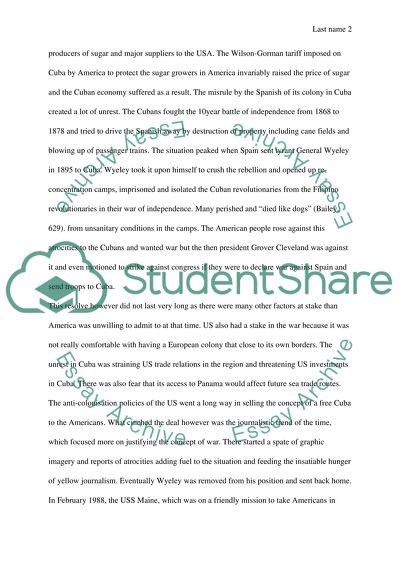Cite this document
(“History and Political Science Essay Example | Topics and Well Written Essays - 2250 words”, n.d.)
Retrieved de https://studentshare.org/history/1442415-unit-ii-essay
Retrieved de https://studentshare.org/history/1442415-unit-ii-essay
(History and Political Science Essay Example | Topics and Well Written Essays - 2250 Words)
https://studentshare.org/history/1442415-unit-ii-essay.
https://studentshare.org/history/1442415-unit-ii-essay.
“History and Political Science Essay Example | Topics and Well Written Essays - 2250 Words”, n.d. https://studentshare.org/history/1442415-unit-ii-essay.


